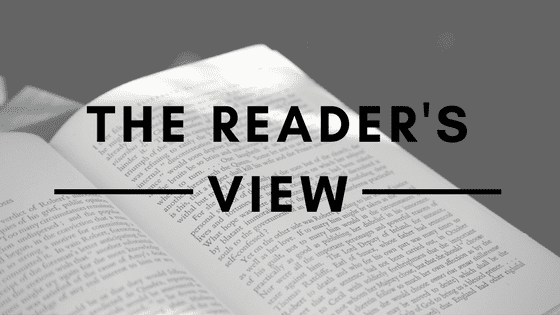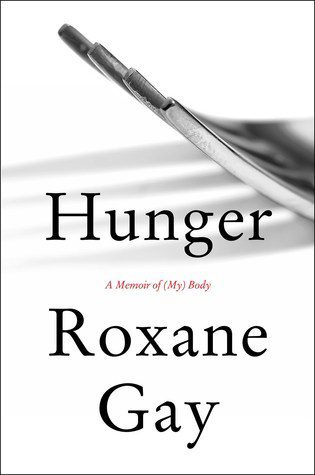 In her new memoir Hunger: A Memoir of (My) Body, Roxane Gay explores the topic that she has been most hesitant to address: the history of her body, including the traumas inflicted upon it and her self-destructive attempts to hide herself within it.
In her new memoir Hunger: A Memoir of (My) Body, Roxane Gay explores the topic that she has been most hesitant to address: the history of her body, including the traumas inflicted upon it and her self-destructive attempts to hide herself within it.
Gay is no stranger to controversial subject matter, as evidenced by her previous works Bad Feminist, An Untamed State, Ayiti, and Difficult Women. And yet, Gay admits within the first few pages of Hunger that this latest book has been the most difficult for her to write:
“Writing this book is a confession.These are the ugliest, weakest, barest parts of me. This is my truth. This is a memoir of (my) body because, more often that not, stories of bodies like mine are ignored or dismissed or derided.”
 Deeply, painfully personal, Hunger is the account of Gay’s body in particular, which she states is clinically defined as super morbidly obese. However, Gay also explores the realities of having a large body in a world that is not designed to accommodate it. Purchasing clothes, sitting in restaurants and movie theaters, traveling in an airplane – these seemingly simple activities are fraught with difficulty and judgement when the person engaging in them has a large body. By widening her memoir beyond herself, Gay expands her discussion from the examination of one body to a discussion of how contemporary culture treats all bodies.
Deeply, painfully personal, Hunger is the account of Gay’s body in particular, which she states is clinically defined as super morbidly obese. However, Gay also explores the realities of having a large body in a world that is not designed to accommodate it. Purchasing clothes, sitting in restaurants and movie theaters, traveling in an airplane – these seemingly simple activities are fraught with difficulty and judgement when the person engaging in them has a large body. By widening her memoir beyond herself, Gay expands her discussion from the examination of one body to a discussion of how contemporary culture treats all bodies.
Gay’s memoir is broken into sections that broadly trace her growth from childhood to adulthood, the path from a horrific sexual trauma that dissociated her from her body through an adulthood where she struggles to contend with the ramifications of that trauma. Gay’s difficulty relating to her own, radically changed body is clear in the language of her memoir, where she repeatedly follows definitive statements about her body with their direct negations. At one point, she tells the reader “I do not know why I turned to food. Or I do.” Within the space of two short sentences, Gay has interrupted herself and contradicted her own deeply personal statement. This pattern of assertion and negation is present throughout the memoir, and it echoes Gay’s constantly shifting, evolving understanding of herself and her relationship to her body.
Gay is careful to state that the story of her body is ongoing and that she continually struggles with feelings of self worth and safety in a world that can’t – or won’t – accommodate bodies like hers. Her story of a painful relationship with her body is both deeply personal and strikingly universal since, as she frequently discusses, her friends of all sizes face discrimination and shame because of the hyper-attention that society pays to their bodies.
Despite the admission that both her personal pain and our culture’s shaming of large bodies are ongoing struggles, the radical honesty and insightful commentary that Roxane Gay shares are assurances that the arduous work of reclaiming our bodies can be done.
After you finish readingHungerby Roxane Gay, check out last month’s The Reader’s View on Celeste Ng’sLittle Fires Everywhere.




